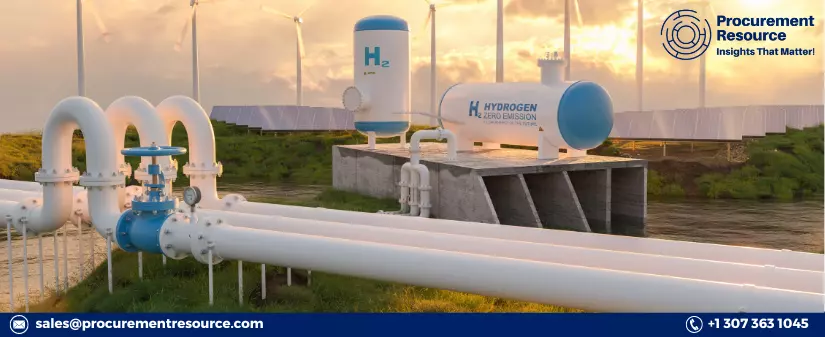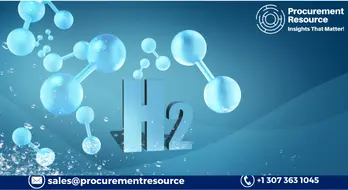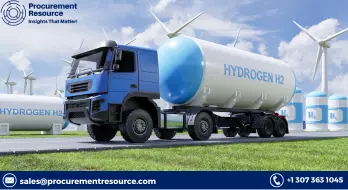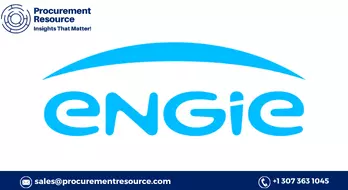MIT Researchers come up with a Pathbreaking Technology Aimed at Utilizing Liquid Organic Hydrogen Carriers

Researchers from the Massachusetts Institute of Technology (MIT) are at the spearhead of innovating a new-fangled technology that holds the potential to revolutionize the storage and transportation of hydrogen. This advancement could play a significant role in reducing carbon emissions in the long-haul trucking sector, which heavily relies on fossil fuels.
At the heart of this innovation are Liquid Organic Hydrogen Carriers (LOHCs). These chemical compounds have a rich concentration of hydrogen in organic molecules, making them adept at absorbing and releasing hydrogen gas. The capacity for reversible hydrogen storage and transportation gives LOHCs an edge. Their high hydrogen storage density, coupled with the diminished safety risks when compared to gaseous hydrogen, has made them an attractive solution for long-range hydrogen transportation. This applicability extends to fuel cells and various industrial processes.
Request Access To The Latest Price Trends of Hydrogen
An advantage of LOHCs is their compatibility with the prevailing retail fuel distribution structures. In the current paradigm, LOHCs transport hydrogen gas to refueling stations. At these stations, the gas undergoes compression and is then transferred to trucks equipped with either fuel cells or combustion engines. However, William H. Green, the study's principal investigator, points out an inherent inefficiency in this system. There's a marked energy loss during the processes of releasing hydrogen and its compression at these refueling hubs.
The MIT team is directing its efforts to circumvent this inefficiency by proposing trucks powered directly by LOHCs with a built-in system for dehydrogenation. This innovative design envisions modifying the truck's powertrain to facilitate the release of hydrogen from LOHCs on board. They aim to harness the engine's waste heat, directing it to facilitate the dehydrogenation process. This would occur in a specialized high-temperature reactor that continually receives its supply of hydrogen-rich LOHCs from the vehicle's fuel storage reservoir.
Read More About Hydrogen Production Cost Reports - Get Free Sample Copy in PDF
According to the article by Procurement Resource, researchers from MIT are pioneering a technology utilizing Liquid Organic Hydrogen Carriers (LOHCs) to transform hydrogen storage and transportation, targeting carbon emission reductions in the long-haul trucking sector. LOHCs, with their ability to absorb and release hydrogen gas, present fewer safety risks than gaseous hydrogen and integrate seamlessly with existing fuel distribution. To enhance efficiency, the MIT team proposes trucks powered directly by LOHCs, using an on-board system for dehydrogenation, thus optimizing energy use and eliminating losses at refuelling stations.



